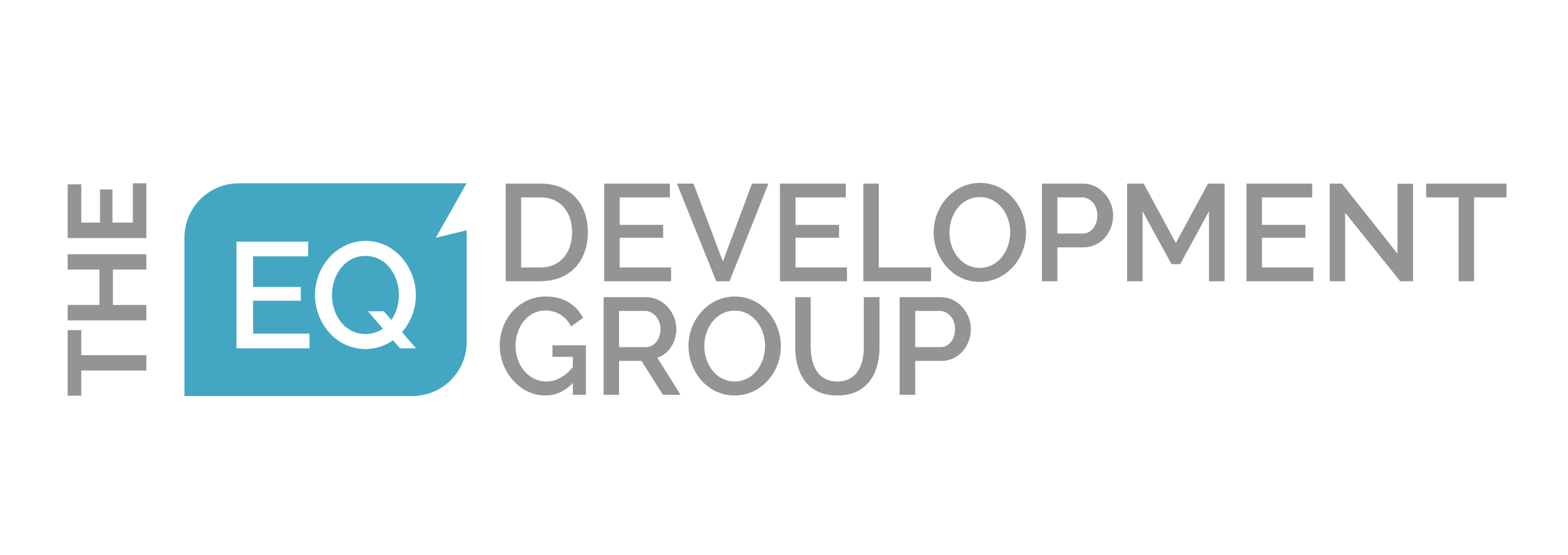Imposter Syndrome and Epic Syndrome – Two Ends of a Scale
If there is one topic that seems to universally get people’s attention when I am delivering a program or course, it is Imposter Syndrome. I think it’s partly because most of us have experienced Imposter Syndrome at some point in our lives. Most of us recognize that unsettling feeling of “I am not qualified to be in this job”, or “I am not equipped to manage this massive responsibility”, and when we get found out, life will come crumbling down around us.
Imposter Syndrome, which goes by a number of names or labels including Imposter Phenomenon and Imposterism, is the tendency to believe that any success you have had in life comes down to blind luck, being in the right place at the right time, or knowing the right people. And, very specifically, not attributable to your own experience, effort, knowledge, skills, or abilities. Imposter Syndrome can have you believing that when other people realize you don’t really know what you are doing, or that you don’t know as much as they think you do, you will be exposed to the world as a fake or a fraud.
Imposter Syndrome causes people to behave in specific ways, such as playing it safe, not advocating for ideas or opinions, and avoiding, as much as possible, attention from others. It is not uncommon for people with imposter syndrome to reject positive feedback or turn down opportunities because of a fundamental belief that they are not worthy of success.
Imposter Syndrome robs a person of their full potential, and also has a detrimental impact on the team or the organization in which they work. That ‘cost’ can be summed up in one of my favourite quotes by Suzy Kassem – “Fear kills more dreams than failure ever will. Doubt kills more dreams than failure ever will.”
The good news is that with some focused development activities, and in some cases professional support from a counselor or psychologist, imposter syndrome can be relatively easy to overcome. For many people, time and experience in a given setting can bolster their opinion of themselves to a sufficient degree that they no longer have a deep-seated feeling of being an imposter. This doesn’t mean that Imposter Syndrome won’t come back at some future stage, when a new challenge or opportunity is embraced, but over time the effects of Imposter Syndrome diminish.
As damaging as Imposter Syndrome can be, there is a more concerning phenomena I have seen demonstrated by people that has an even stronger negative impact on an organization. It’s the opposite end of the scale from Imposter Syndrome, and I call this Epic Syndrome.
Epic Syndrome is the unfailing belief that you are, quite simply, epic. People with Epic Syndrome do not doubt their knowledge, abilities, or behaviors one bit. They believe that every idea they have, every thought, and every action is correct and best. People with Epic Syndrome are so sure of themselves that they sometimes see their presence as a gift to those around them, including the team they lead or the organization more broadly. Unfortunately, Epic Syndrome is more common in leaders than in individual contributors.
Before I go any further, I want to be clear that this is not an attack on the idea that a person should have a deserved and earned high sense of self-regard – far from it. A high degree of self-regard, or self-confidence, is a key ingredient to success in every domain of life. Part of that confidence includes an understanding that there will always be things others can teach us, and that we have no way of knowing everything. This is the key difference between someone with a high level of Self-Regard or Self-Confidence and someone with Epic Syndrome.
Three ways of identifying Epic Syndrome in an individual are:
- A persistent lack of humility – There is very little you can tell someone with Epic Syndrome. They will believe that their way of viewing the world is completely accurate and are generally unable to accept that there may be alternative ways of thinking or doing things.
- Constantly Blaming Others – When things go wrong, and they always will, the Epic Syndrome individual will attribute the failure to others. Every. Time. They will not be able to accept that their decisions or actions played any role in the failure and will often resort to explaining why some external factor caused the failure, and not them.
- Always Feeling That Their Ideas Are Best – When someone with Epic Syndrome comes up with an idea for something, good luck trying to get them to accept or understand any issues with their plans. Rather than being curious about other people’s perspectives, they will dismiss other people’s ideas, believing that only their ideas are the right ones.
The challenge is that, in my experience, many people who demonstrate Epic Syndrome are often the least deserving of it. This can be particularly obvious when the topic area is not one where the Epic Syndrome individual has any expertise, but feels like their (self-perceived) generally high level of intellect lets them see things more clearly than those who have specific and relevant expertise or experience. It’s this tendency to overestimate ability that Dunning and Kreuger identified in their research back in 2000.
In the same way that organizations lose creativity from someone with Imposter Syndrome, they also lose out when staff members, particularly those in leadership positions, demonstrate Epic Syndrome. The inability to accept that other people may have ideas, input, or may know best in a situation limits creativity by not tapping into collective expertise and experience. It can slow down projects, and even have specific impacts such as preventing health and safety issues from being addressed (I have personal experience of this one).
Making people aware of their Epic Syndrome tendencies can be tricky or downright impossible. As previously mentioned, they tend to be less receptive to feedback or input on the impact they are having on others. Two ways that we have found to be effective are:
- Direct feedback from a more senior leader (along with specific descriptions of behaviour and impact)
- 360 Degree Feedback (assessment based or interviews) conducted by an external source.
Even using these methods, it can be very hard for those with deeply embedded Epic Syndrome behaviors to change their ways. If this is the case, individuals need to decide whether working with the Epic Syndrome person is sustainable for them, and organizations need to consider the ‘costs’ of having that person in place, which includes the already mentioned loss of creativity, and related effects like increased employee turnover or difficulty in recruitment.
The good news is that as we slowly move towards increasingly collaborative, cross-organizational work environments, it seems that there is less and less room for the Epic Syndrome types to operate, and less tolerance for their specific behaviors. Let’s hope that over time that trend continues.

